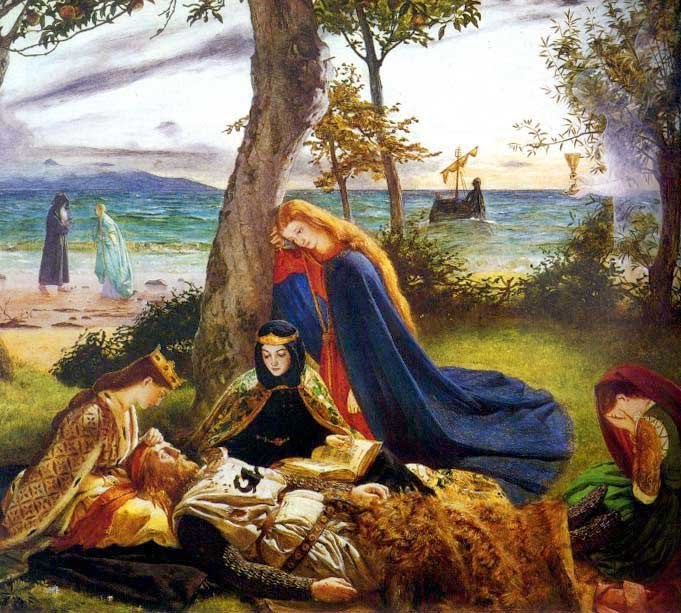This term I am delighted to welcome Elly McCausland from the University of York to CLOC. Elly’s talk
will take place on Friday November 21st at 4pm.
‘ "A favourite in most school-rooms":
adapting the Arthurian legend for the pedagogical canon of the late nineteenth
and early twentieth centuries.’
In 1888, scholar and lecturer
Frederick Ryland wrote in the English Illustrated Magazine that Malory’s
Morte Darthur is ‘one of the many books whose fate is to be more talked
about than read’. Yet during the late nineteenth and early twentieth centuries
we find numerous adaptations of Malory’s text published in editions designed
specifically for use in schoolrooms, and by 1921 the influential Newbolt
Report on the Teaching of English in England listed the Arthurian legend as
the third most popular book for classroom instruction in English. This paper
will explore how Malory’s inclusion in the pedagogical canon of the late nineteenth
and early twentieth centuries parallels significant developments in the
establishment of English Literature as an academic discipline. I will argue
that Malory’s text was co-opted as part of a wider academic movement, in
conjunction with liberal humanist notions of education, which emphasised the
potential of English Literature to inculcate values relating to nationalism,
heritage, and ethical self-development, and examine the methods whereby the Morte
was repackaged in children’s school editions to deliver these lessons.
Tea and coffee will be served after the talk.
St Cross Room, St Cross College, OX1 3LZ
RSVP cara dot bartels-bland at stx dot ox dot ac dot uk.




